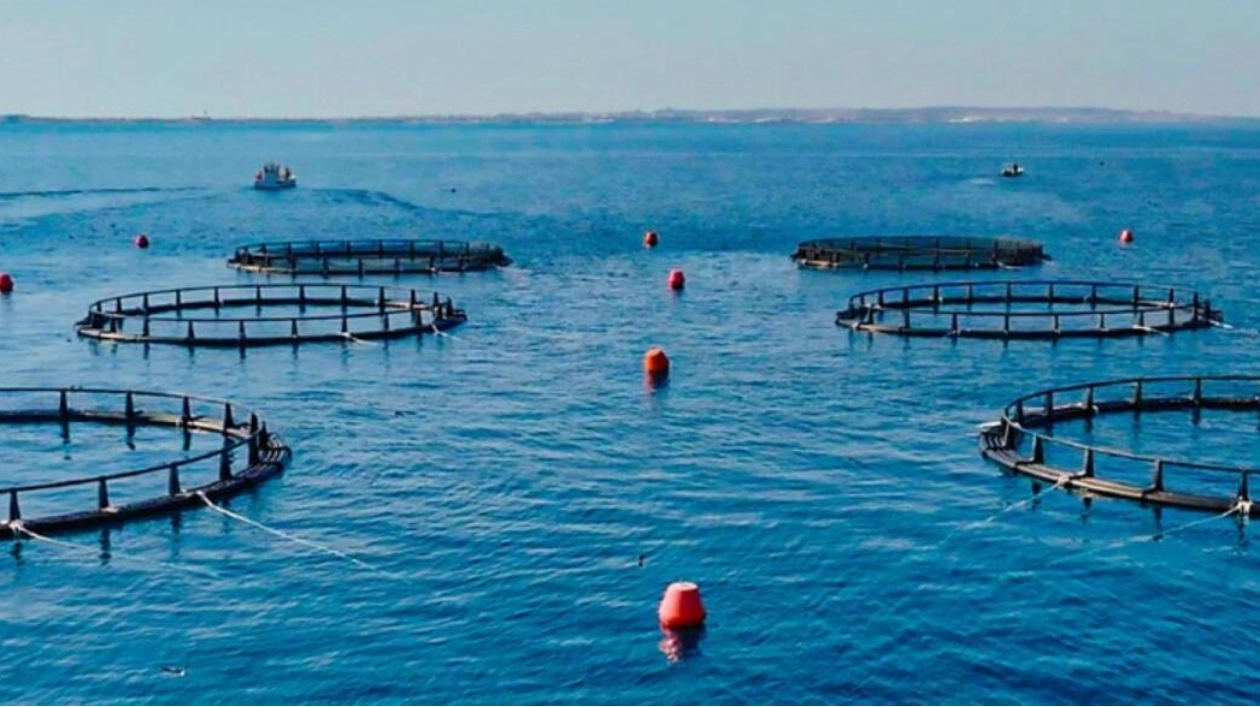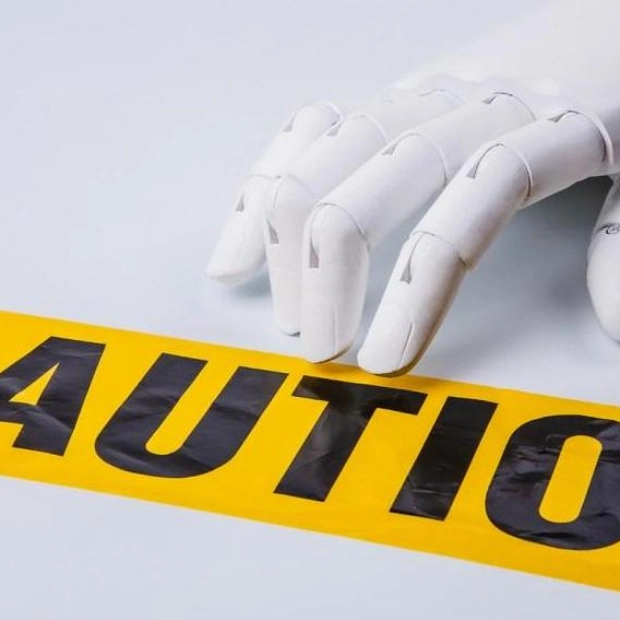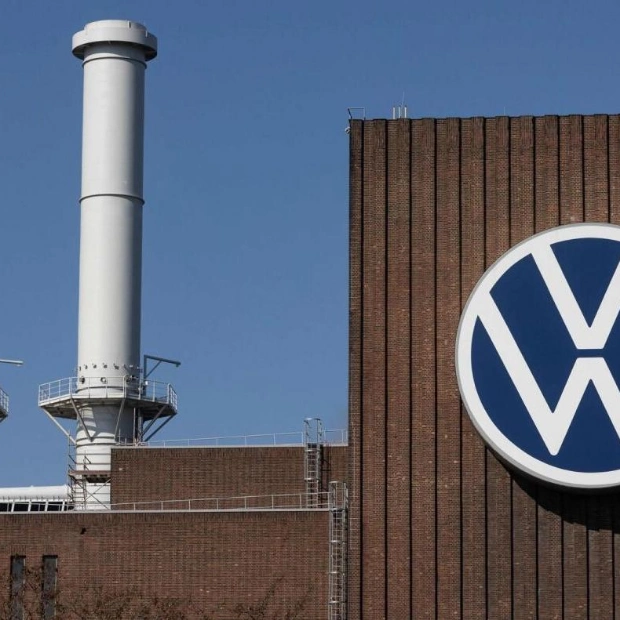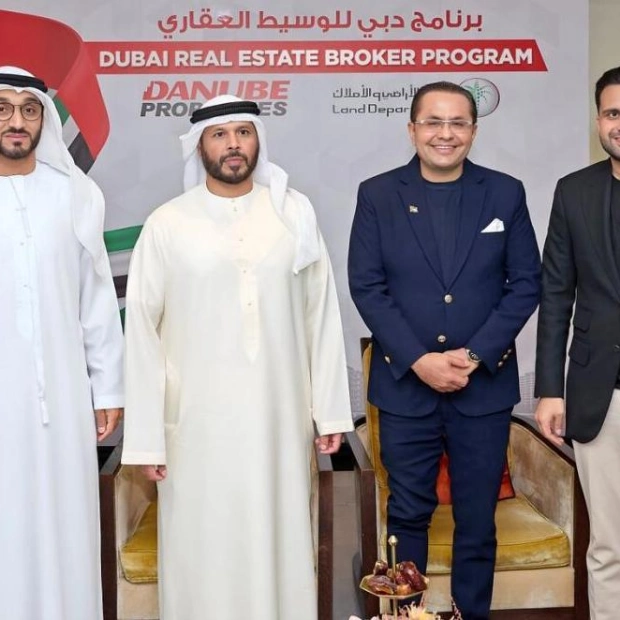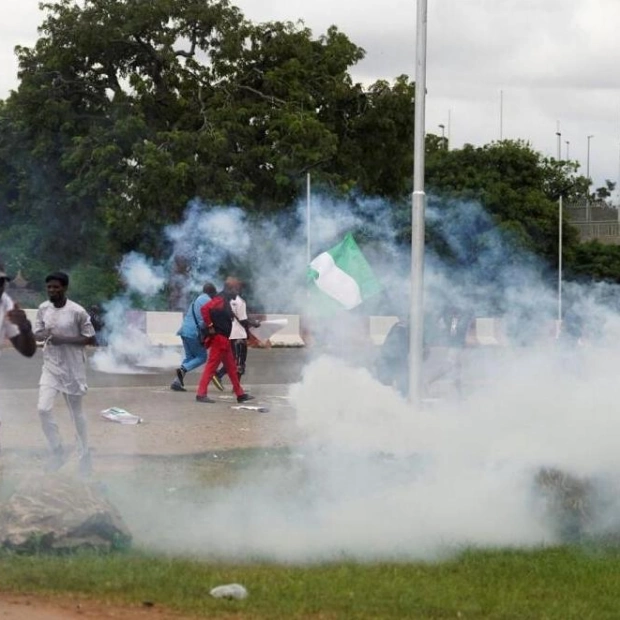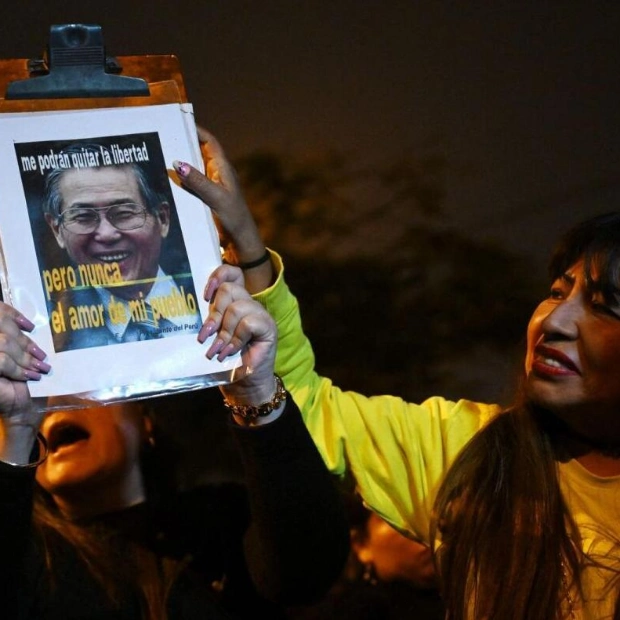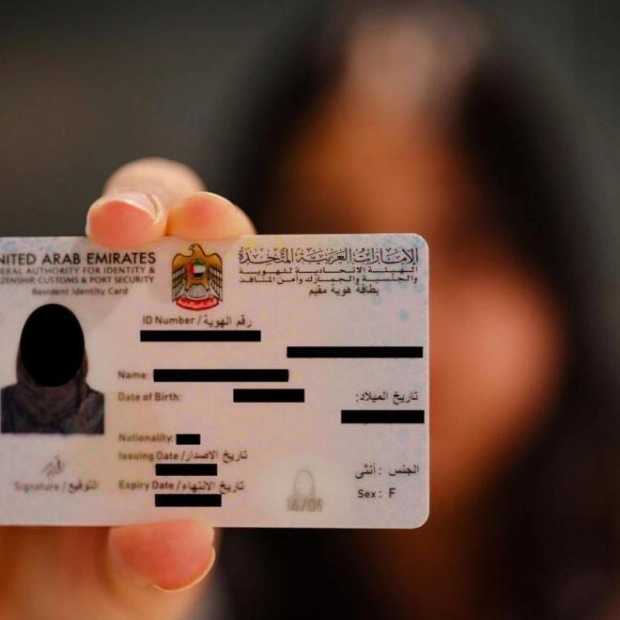Environment Agency – Abu Dhabi (EAD) has initiated the first sea cage aquaculture venture in the capital. This initiative is designed to alleviate the strain on wild fishery resources and combat the effects of climate change. Additionally, it aims to bolster food security in response to rising seafood demand and to stimulate future investments in the aquaculture industry. The project involves six floating sea cages, each capable of yielding 100 tonnes of fish per year. Target species include high-value local varieties such as Safi Arabi, Gabit, Shaam, and Sheri, with 168,000 Safi Arabi, 122,000 Gabit, 100,000 Shaam, and 90,000 Sheri fish released. Located southeast of Delma Island in the Al Dhafra Region, the project focuses on scientific research and the development of environmental protocols for sustainable sea-based aquaculture in Abu Dhabi. It will feature an advanced monitoring system utilizing artificial intelligence, a first in the Middle East, to efficiently manage aquaculture operations and monitor marine water quality parameters. Prior to its establishment, EAD conducted comprehensive hydrodynamic and environmental modelling to define sustainable aquaculture zones in the Al Dhafra Region, ensuring environmental sustainability without compromising the ecosystem.
Dr. Shaikha Salem Al Dhaheri, Secretary General of EAD, emphasized the project's alignment with the UAE government's vision, highlighting aquaculture's economic and environmental benefits while mitigating the decline in natural fish stocks. A meticulous survey, aided by hydrodynamic modelling and a thorough site analysis, determined the optimal location for the project.
